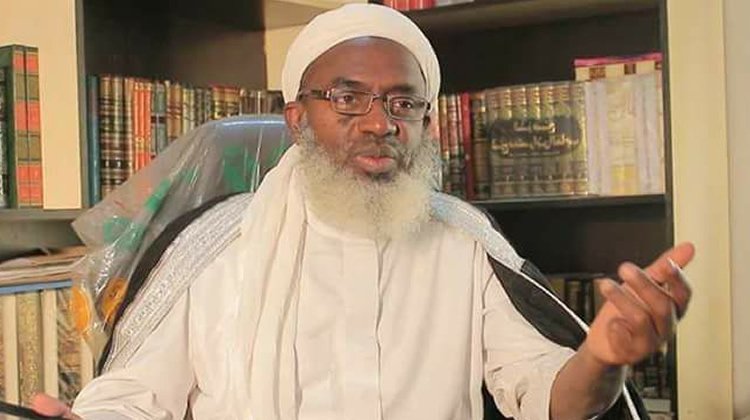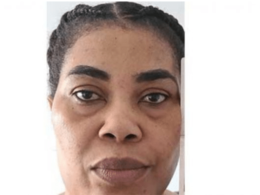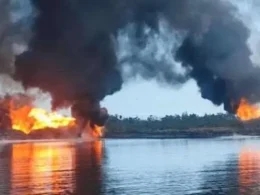Sheikh Ahmad Gumi, a prominent Islamic cleric based in Kaduna State, has refuted claims that politicians are funding the ongoing unrest in Nigeria’s northern region. Gumi’s comments come amid rising insecurity, particularly in the North-West, where banditry and violence have claimed numerous lives, including those of prominent figures such as the monarch of Gobir in Sokoto State.
The issue of unrest and violence has been a subject of intense debate, with some, including Imo State Governor Hope Uzodinma in 2021, alleging political sponsorship of the banditry plaguing parts of the country. However, in a recent interview with Saturday Trendinggist, Gumi dismissed these allegations as unfounded.
“This is an unintelligent allegation,” Gumi asserted. “No politician is sponsoring these people. We are all victims of this crisis. Even the opposition is not behind this. This unrest is a natural reaction from people who have been neglected for centuries and lack proper education.”
Gumi emphasized that the root cause of the violence is the long-standing deprivation and lack of educational opportunities for the affected populations. He pointed out that many individuals in these areas are now exposed to global information through the Internet, which highlights their deprivation and fuels their desire for change. “These people are fighting back against the neglect they have endured,” he explained.
The cleric also highlighted positive developments in efforts to address these issues. He shared an example of a project aimed at improving education among herders. “We built schools in a village between Abuja and Kaduna for herdsmen. To our surprise, over 600 herders and their families began attending school there,” Gumi said. “They expressed a strong desire for a better future for their children, demonstrating a shift towards seeking education and improvement.”
Gumi’s remarks suggest that addressing educational and socio-economic gaps is crucial in mitigating the unrest and fostering a more stable environment in the northern region. His perspective adds to the broader discourse on finding sustainable solutions to the complex issues contributing to the ongoing violence and insecurity in the country.









